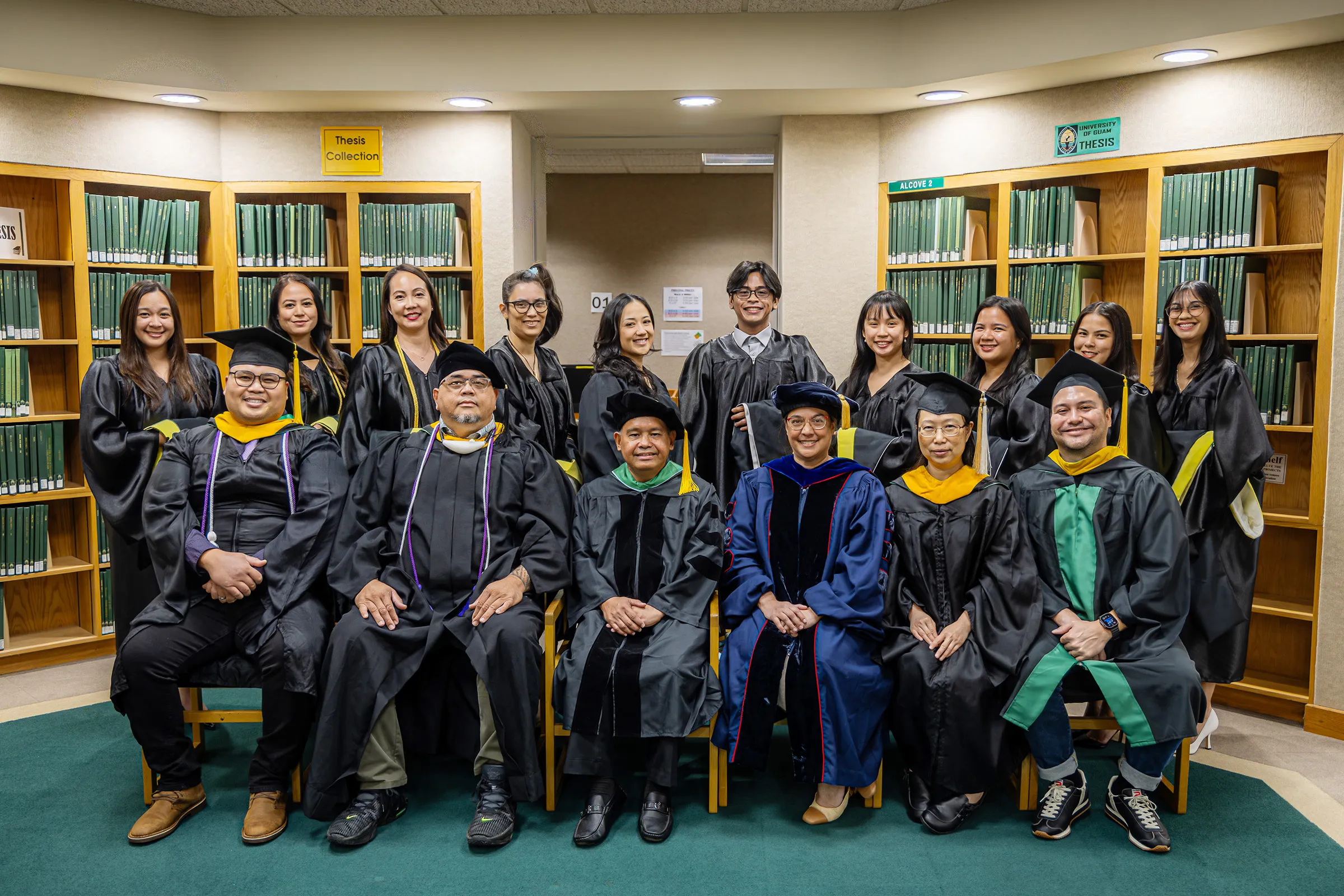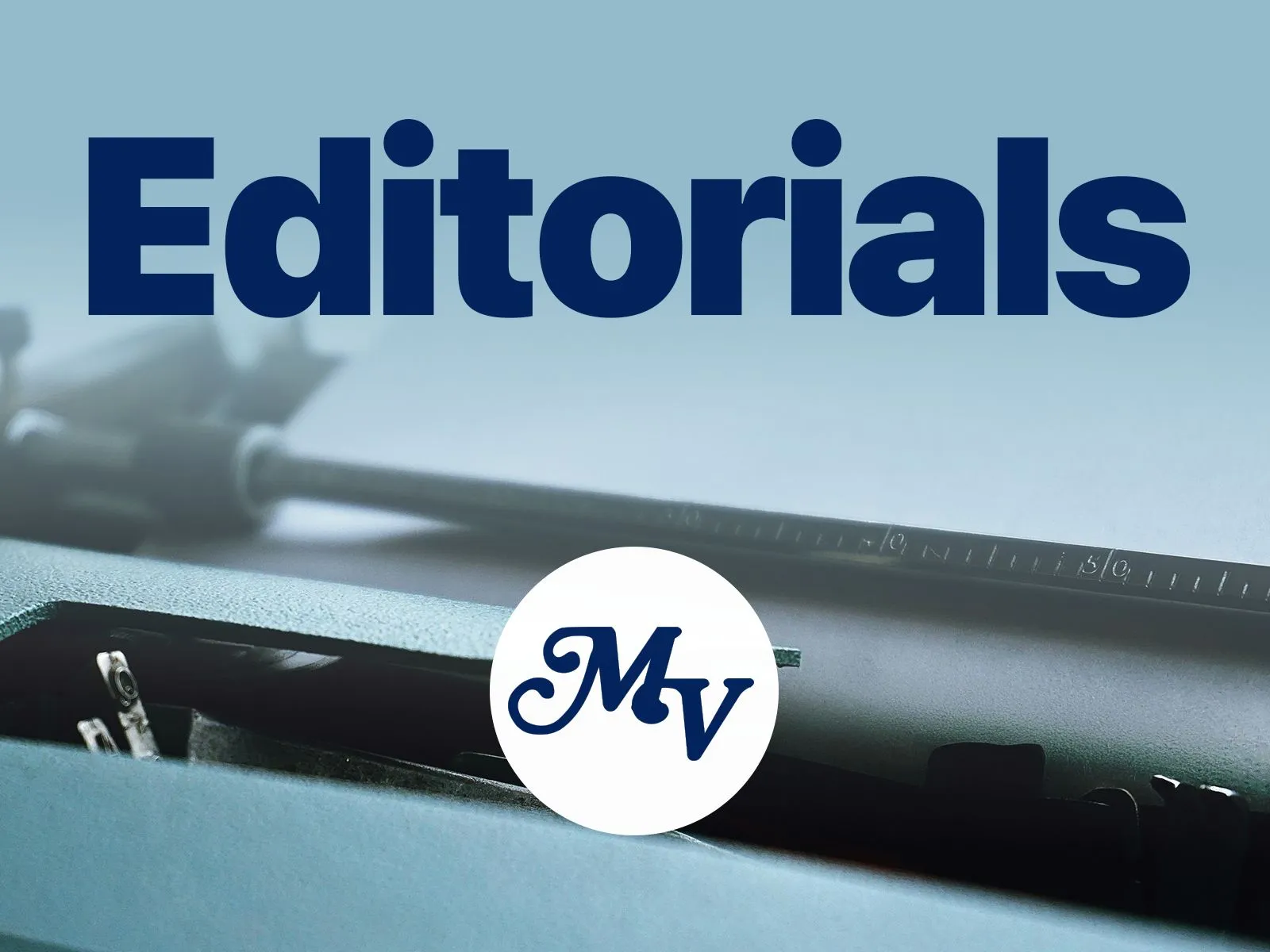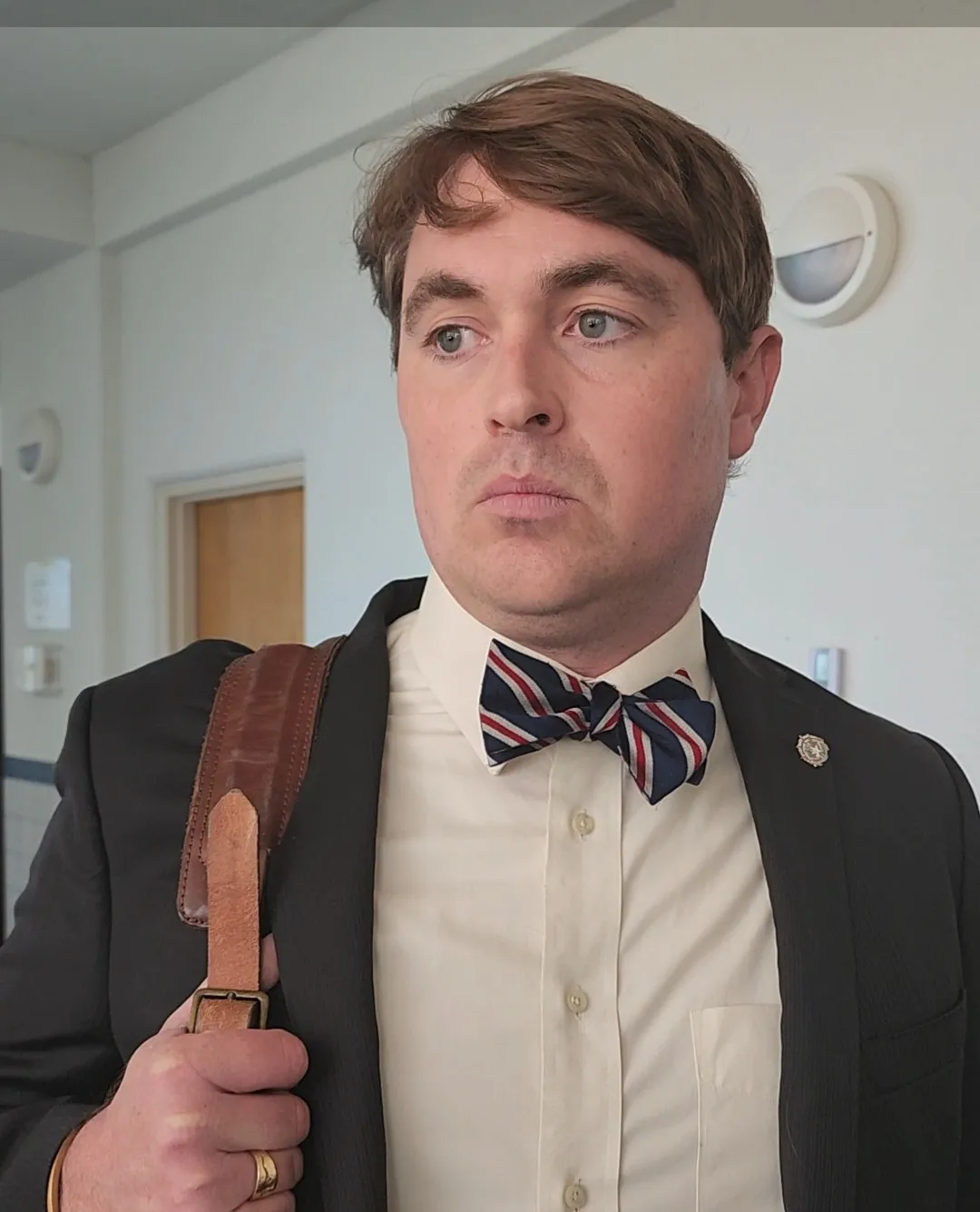The submission for the ban on Facebook was brought to the cabinet by Prime Minister Manasseh Sogavare and his Communication and Civil Aviation Minister Peter Shanel Agovaka.
“Abusive languages against Ministers, Prime Minister, character assassination, and defamation of character, all these are issues of concerns,” Agovaka said, referring to Facebook.
He said there are also no laws or regulations on Facebook thus the need for such a ban.
“The use of the internet now in Solomon Islands needs to be properly regulated to safeguard our young people from harmful content. At the moment there is no legislation to govern the use of the internet and even young kids can be able to download harmful stuff from the internet,” Agovaka said.
But he said the media should not have any cause for concern as there will still be freedom of the press.
He said media organizations will continue to operate as normal except for the closure of Facebook.
But most media organizations are now utilizing Facebook as a platform to disseminate information to the public. The office of the prime minister also does a live video stream of his national address via Facebook to reach a wider audience.
“The government is still in discussion with the operators to work out how this [ban] can be done. The operators need to establish a firewall to block Facebook,” Agovaka said.
As of October 2020, NapoleonCat, a social media management tool, said there were 120,000 Facebook users in Solomon Islands. People aged 18 to 24 were said to be the largest user group (45,000).
Facebook, the largest social media platform in the world, has 2.4 billion users.
Solomon Islands is not the only country in the Pacific considering a ban on Facebook.
In July 2020, the Samoan government seriously looked at banning Facebook in the island nation. In 2018, the Papua New Guinea government sought to ban Facebook for a month while in Tonga, in 2019, there were also plans to ban Facebook in the island kingdom.
Currently only three countries in the world have banned Facebook — China, North Korea and Iran.
For opposition member of Parliament Peter Kenilorea, however, banning Facebook is a direct and brazen assault on the freedom of expression in Solomon Islands which is guaranteed by the country’s own national constitution.
“Instead of protecting a fundamental and constitutional right, the cabinet has gone and done the exact opposite,” he said. “The cabinet is now strangling the very right it should be upholding. This decision should be condemned by all freedom loving Solomon Islanders.”
He added, “Reports of a ban or suspension of FB is a grave concern for Solomon Islands, a democratic country. This highly regrettable decision is not just about FB. This decision has deep and far reaching consequences for us as a nation.”









